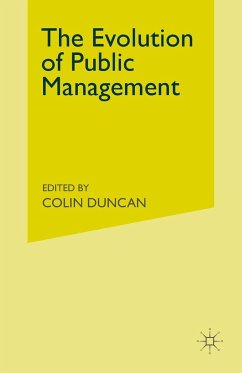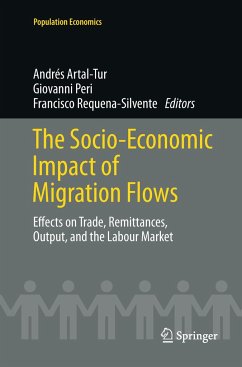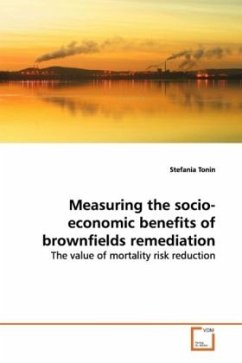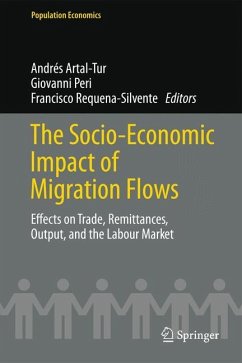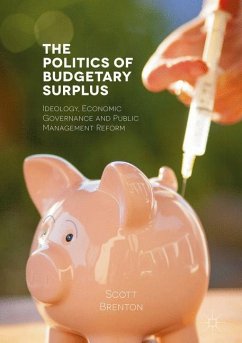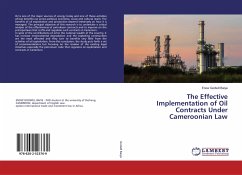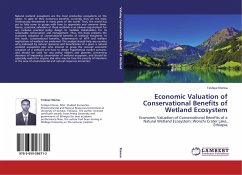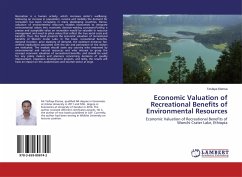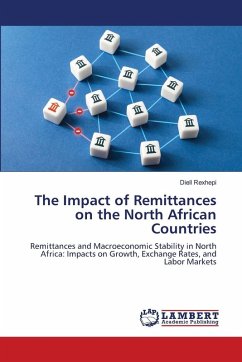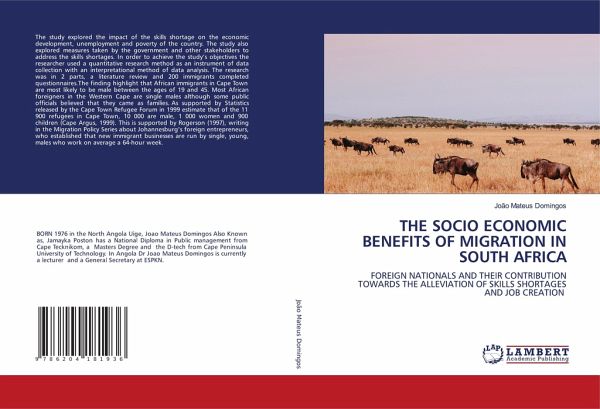
THE SOCIO ECONOMIC BENEFITS OF MIGRATION IN SOUTH AFRICA
FOREIGN NATIONALS AND THEIR CONTRIBUTION TOWARDS THE ALLEVIATION OF SKILLS SHORTAGES AND JOB CREATION
Versandkostenfrei!
Versandfertig in 6-10 Tagen
65,99 €
inkl. MwSt.

PAYBACK Punkte
33 °P sammeln!
The study explored the impact of the skills shortage on the economic development, unemployment and poverty of the country. The study also explored measures taken by the government and other stakeholders to address the skills shortages. In order to achieve the study's objectives the researcher used a quantitative research method as an instrument of data collection with an interpretational method of data analysis. The research was in 2 parts, a literature review and 200 immigrants completed questionnaires.The finding highlight that African immigrants in Cape Town are most likely to be male betwe...
The study explored the impact of the skills shortage on the economic development, unemployment and poverty of the country. The study also explored measures taken by the government and other stakeholders to address the skills shortages. In order to achieve the study's objectives the researcher used a quantitative research method as an instrument of data collection with an interpretational method of data analysis. The research was in 2 parts, a literature review and 200 immigrants completed questionnaires.The finding highlight that African immigrants in Cape Town are most likely to be male between the ages of 19 and 45. Most African foreigners in the Western Cape are single males although some public officials believed that they came as families. As supported by Statistics released by the Cape Town Refugee Forum in 1999 estimate that of the 11 900 refugees in Cape Town, 10 000 are male, 1 000 women and 900 children (Cape Argus, 1999). This is supported by Rogerson (1997), writing in the Migration Policy Series about Johannesburg's foreign entrepreneurs, who established that new immigrant businesses are run by single, young, males who work on average a 64-hour week.



